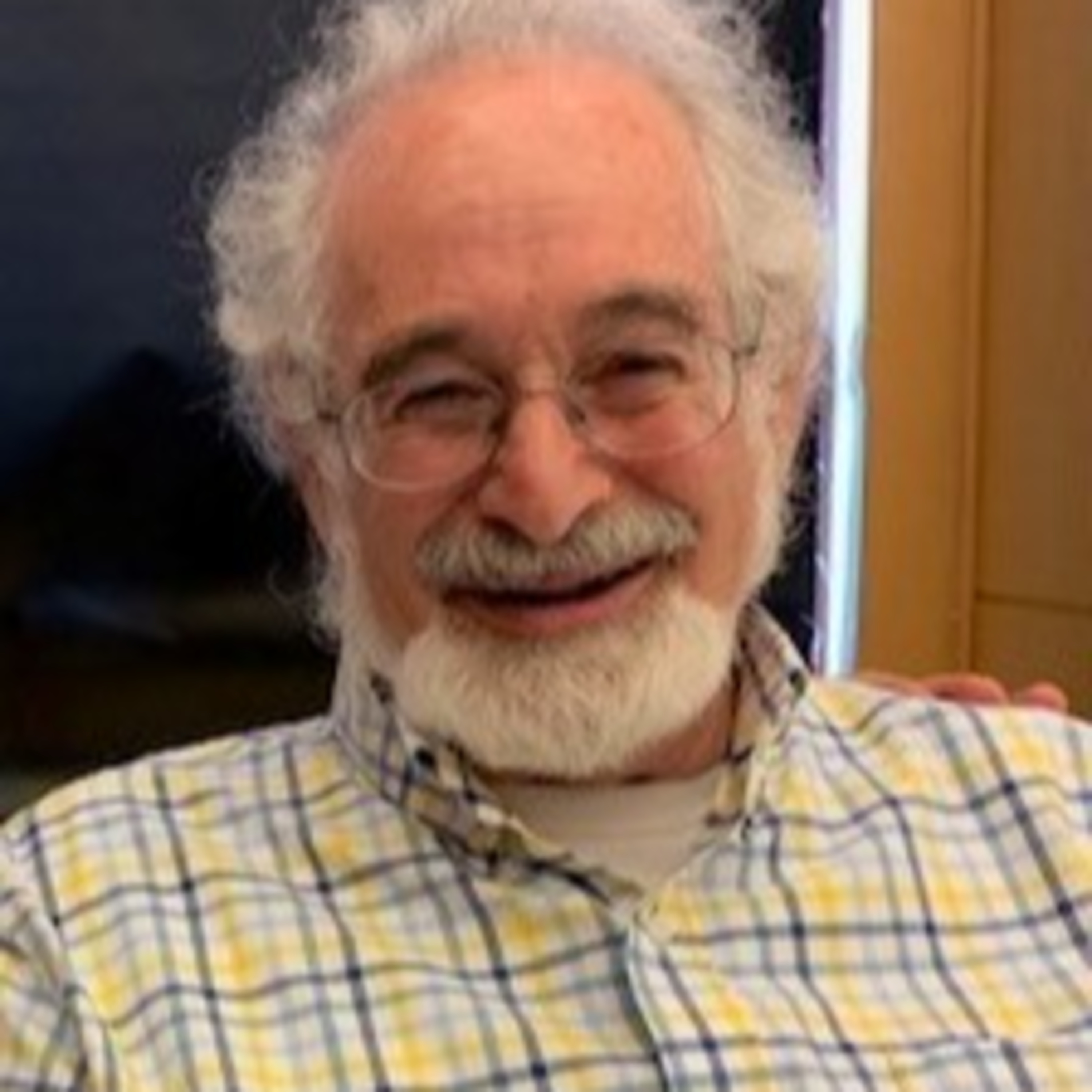Confronting Big Tobacco and the fight to save lives!!! Dr. Stan Glantz
- Author
- Jose Montoya and Abraham D. Wise
- Published
- Fri 04 Nov 2022
- Episode Link
- https://podcasters.spotify.com/pod/show/jose-montoya0/episodes/Confronting-Big-Tobacco-and-the-fight-to-save-lives----Dr--Stan-Glantz-e1q31dc
Dr. Glantz conducts research on a wide range of topics ranging from the health effects of e-cigarettes and secondhand smoke (with particular emphasis on the cardiovascular system) to the efficacy of different tobacco control policies. As the tobacco landscape has changed, Dr. Glantz' work has expanded to include cannabis policy, because of the interactions between tobacco and cannabis.
Dr. Glantz is Principal Investigator for the $40 million 10 year Tobacco Centers of Regulatory Science (TCORS) that was first funded in September 2013 and renewed for another 5 years in 2018 as part of a first-of-its-kind tobacco science regulatory program by the U.S. Food and Drug Administration and the National Institutes of Health
He is author or coauthor of numerous publications on tobacco control, including secondhand smoke, e-cigarettes and heated tobacco products as well as cannabis policy. He has also contributed to research on how the sugar industry has worked to shape the scientific understanding of the effects of sugar consumption.
Working with the UCSF Library, he has taken the lead in making over 90 million pages of previously secret tobacco industry documents available to the entire world via the internet through the UCSF Truth Tobacco Industry Documents Library. More recently, he has worked with the Library and other colleagues to expand collections on the food (sugar), chemical, fossil fuel and pharma industries. This effort has help create a whole new area of scientific investigation based on tobacco industry documents.
He served for 10 years as an Associate Editor of the Journal of the American College of Cardiology and is an academic editor for PLOS One. He has been a member of the California State Scientific Review Panel on Toxic Air Contaminants since 1986. He was elected to the National Academy of Medicine (formerly Institute of Medicine) in 2005.
He has traveled widely and lectured on scientific and policy issues related to e-cigarettes, clean indoor air, smoking in the movies, and effective tobacco and cannabis control strategies. His work has attracted considerable attention from the tobacco industry, which has sued the University of California (unsuccessfully) twice in an effort to stop Prof. Glantz' work.
